Recent posts
- Ancient Indian republics
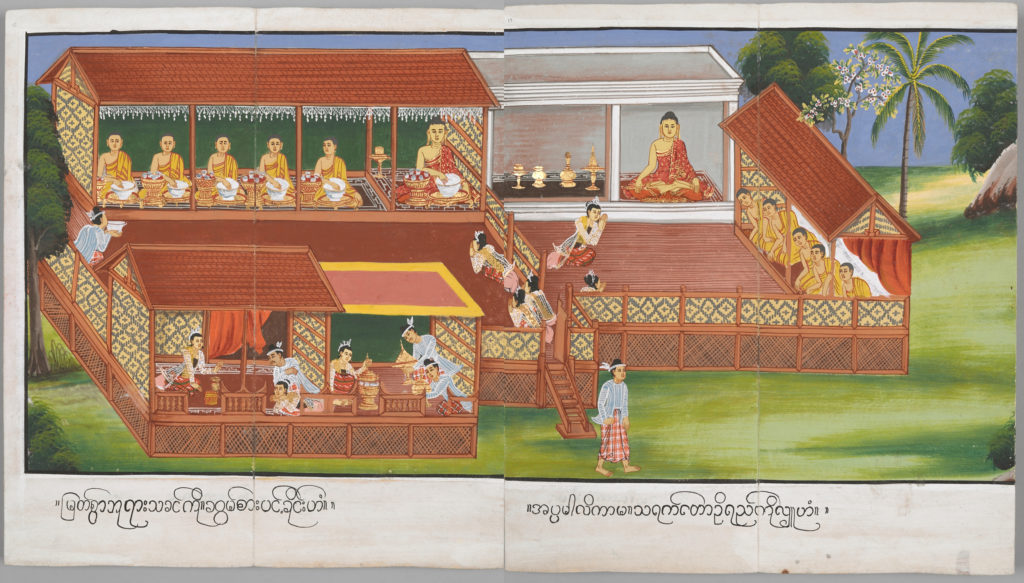 Nepal, the country at the feet of Himalaya, abolished monarchy only quite recently, in the year 2008. In Nepali, the state is currently called Saṅghīya Lokatāntrika Gaṇatantra Nepāla – Federal Democratic Republic of Nepal. Strikingly, if you somehow went back twenty five centuries in a time machine, words like saṅghīya – now ‘federal’, back then… Read more: Ancient Indian republics
Nepal, the country at the feet of Himalaya, abolished monarchy only quite recently, in the year 2008. In Nepali, the state is currently called Saṅghīya Lokatāntrika Gaṇatantra Nepāla – Federal Democratic Republic of Nepal. Strikingly, if you somehow went back twenty five centuries in a time machine, words like saṅghīya – now ‘federal’, back then… Read more: Ancient Indian republics
- Death for fatherland (Republican bloodthirst #1)
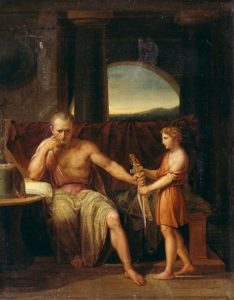 The end of January, with the anniversaries of the most famous royal executions in Europe (21 of January, 1793: Louis XVI in France, 30 of January, 1649: Charles I in England), provoked me to thinking about the role of death and bloodshed in the history of European republicanism. Look, for example, at ‘liberty or death’,… Read more: Death for fatherland (Republican bloodthirst #1)
The end of January, with the anniversaries of the most famous royal executions in Europe (21 of January, 1793: Louis XVI in France, 30 of January, 1649: Charles I in England), provoked me to thinking about the role of death and bloodshed in the history of European republicanism. Look, for example, at ‘liberty or death’,… Read more: Death for fatherland (Republican bloodthirst #1) - Dutch prophets of reason (interest) of state
 Different historical periods have different ranges of acceptable political brutality and different forms of hypocrisy. In this posting we will concern ourselves with two Dutch thinkers active at the edge of the 16th and 17th centuries — Lipsius and Grotius — and their adventures in writing on the amoral interest of power, at the age… Read more: Dutch prophets of reason (interest) of state
Different historical periods have different ranges of acceptable political brutality and different forms of hypocrisy. In this posting we will concern ourselves with two Dutch thinkers active at the edge of the 16th and 17th centuries — Lipsius and Grotius — and their adventures in writing on the amoral interest of power, at the age… Read more: Dutch prophets of reason (interest) of state - Rustics and pencil-pushers, or how being determines consciousness
 What if the beliefs of people are determined by their lifestyle? A thesis that may sound commonsensical to some. Others would be quick to sniff out Marxism. For some time, I have been wondering if it may be the way to explain the differences in views between various political writers in the pre-partitions Commonwealth. It… Read more: Rustics and pencil-pushers, or how being determines consciousness
What if the beliefs of people are determined by their lifestyle? A thesis that may sound commonsensical to some. Others would be quick to sniff out Marxism. For some time, I have been wondering if it may be the way to explain the differences in views between various political writers in the pre-partitions Commonwealth. It… Read more: Rustics and pencil-pushers, or how being determines consciousness - Ukraine, imagination and hard filters
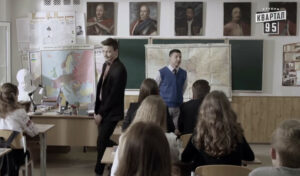 Today, I want to write about imagining places from afar – or at least, as an outsider. We’ll look at an American author with his essay of Ukrainian-themed pandemic wisdom, an angry Polish commenter taking (lots of) issue and some of the earliest history of Ukrainian national consciousness. The main observation is that historical and… Read more: Ukraine, imagination and hard filters
Today, I want to write about imagining places from afar – or at least, as an outsider. We’ll look at an American author with his essay of Ukrainian-themed pandemic wisdom, an angry Polish commenter taking (lots of) issue and some of the earliest history of Ukrainian national consciousness. The main observation is that historical and… Read more: Ukraine, imagination and hard filters - Modrevius, the political personalist
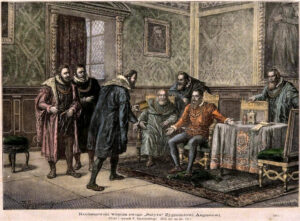 For the Jagiellon era, and the Sigismundus Augustus’s reign specifically, Modrevius (Andrzej Frycz Modrzewski) is the Polish thinker that people tend to think of. Sadly, this brings with it lots of expectations. Modrzewski is forced to represent everything what is thought to be of worth in the intellectual atmosphere of Poland’s Golden Age and to… Read more: Modrevius, the political personalist
For the Jagiellon era, and the Sigismundus Augustus’s reign specifically, Modrevius (Andrzej Frycz Modrzewski) is the Polish thinker that people tend to think of. Sadly, this brings with it lots of expectations. Modrzewski is forced to represent everything what is thought to be of worth in the intellectual atmosphere of Poland’s Golden Age and to… Read more: Modrevius, the political personalist - Why Sarmatian and Anglophone Republicans Disliked Each Other?
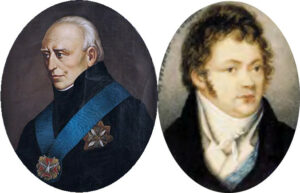 Thus one could expect that there would be some visible, mutual acknowledgment of both Anglosaxon and “Sarmatian” (Polish-Lithuanian) republican thought. Instead, the countries mostly ignored each other and regarded each other’s liberty as more of a joke than a real thing.
Thus one could expect that there would be some visible, mutual acknowledgment of both Anglosaxon and “Sarmatian” (Polish-Lithuanian) republican thought. Instead, the countries mostly ignored each other and regarded each other’s liberty as more of a joke than a real thing. - The Player (Fredro #1)
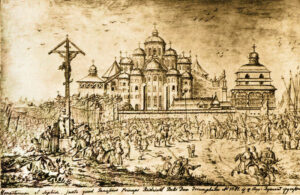 We will begin by sharing some social tactics from our today’s author: Sometimes, neglect talking to your friend somewhat, by letters or in person; let him fear that he can be forgotten or insulted by you. But shortly thereafter you should receive him with friendliness, so he will not get used to living without you.… Read more: The Player (Fredro #1)
We will begin by sharing some social tactics from our today’s author: Sometimes, neglect talking to your friend somewhat, by letters or in person; let him fear that he can be forgotten or insulted by you. But shortly thereafter you should receive him with friendliness, so he will not get used to living without you.… Read more: The Player (Fredro #1) - The Karwicki’s Reckoning and a New Method of Elections (Karwicki #1)
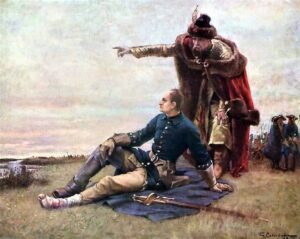 Stanisław Dunin Karwicki (ca. 1640-1724, read like kahrveetzky) is interesting for a number of reasons. First, he’s more of a regular guy, so to say, not holding any major local or central office for most of his life. Yet, he was elected an envoy from Sandomierz voivodship twelve times (1668, 1669, two times in 1674,… Read more: The Karwicki’s Reckoning and a New Method of Elections (Karwicki #1)
Stanisław Dunin Karwicki (ca. 1640-1724, read like kahrveetzky) is interesting for a number of reasons. First, he’s more of a regular guy, so to say, not holding any major local or central office for most of his life. Yet, he was elected an envoy from Sandomierz voivodship twelve times (1668, 1669, two times in 1674,… Read more: The Karwicki’s Reckoning and a New Method of Elections (Karwicki #1)